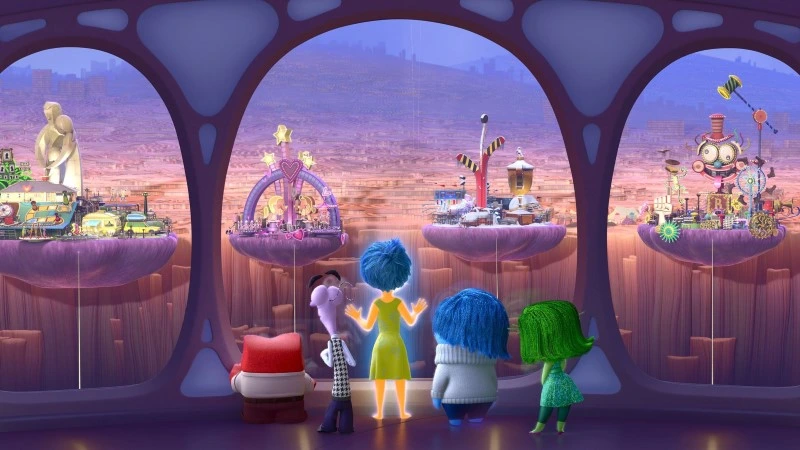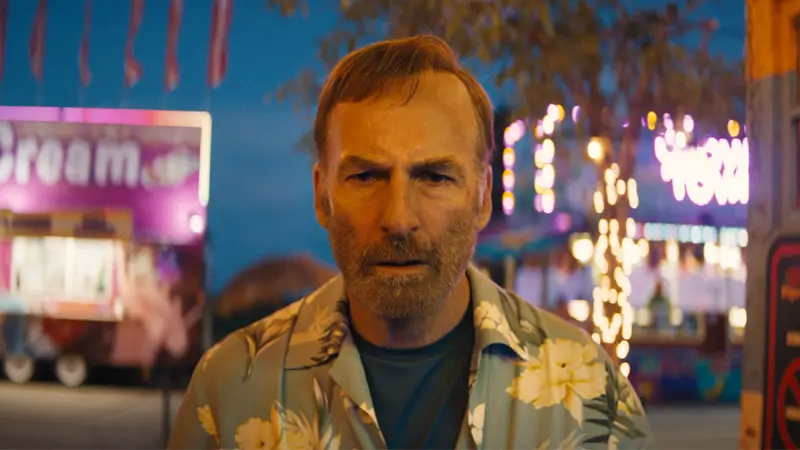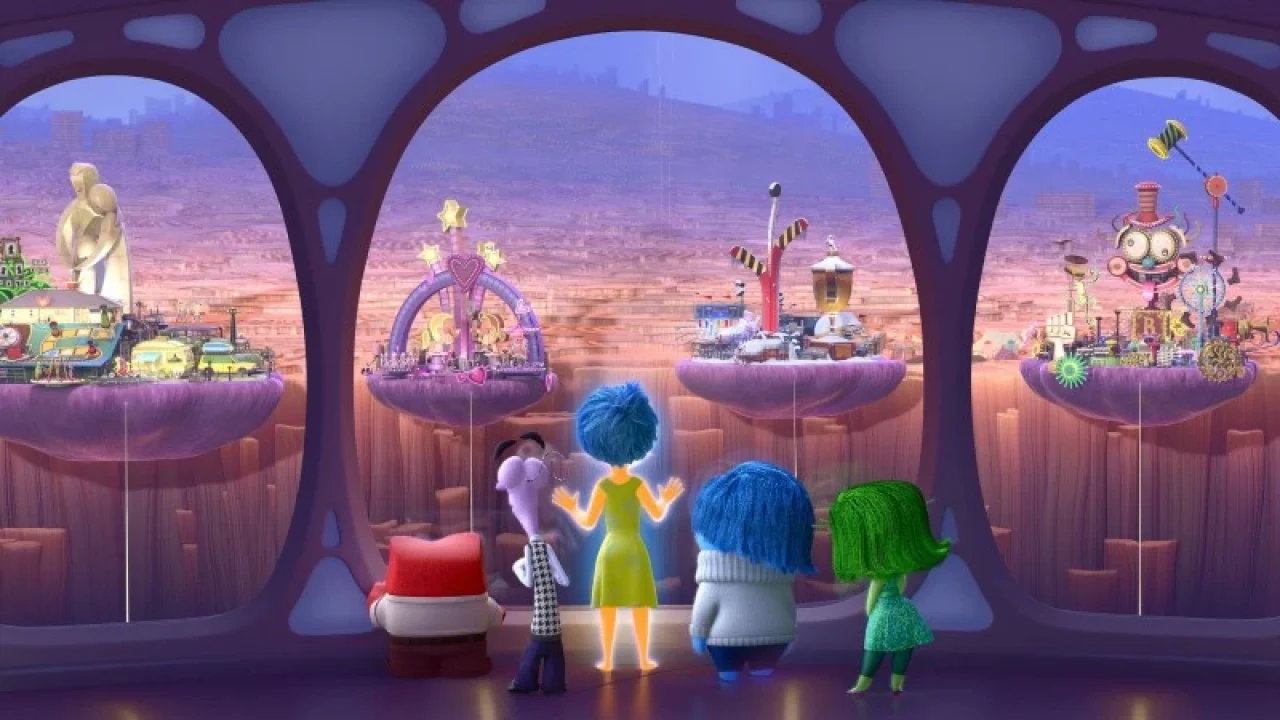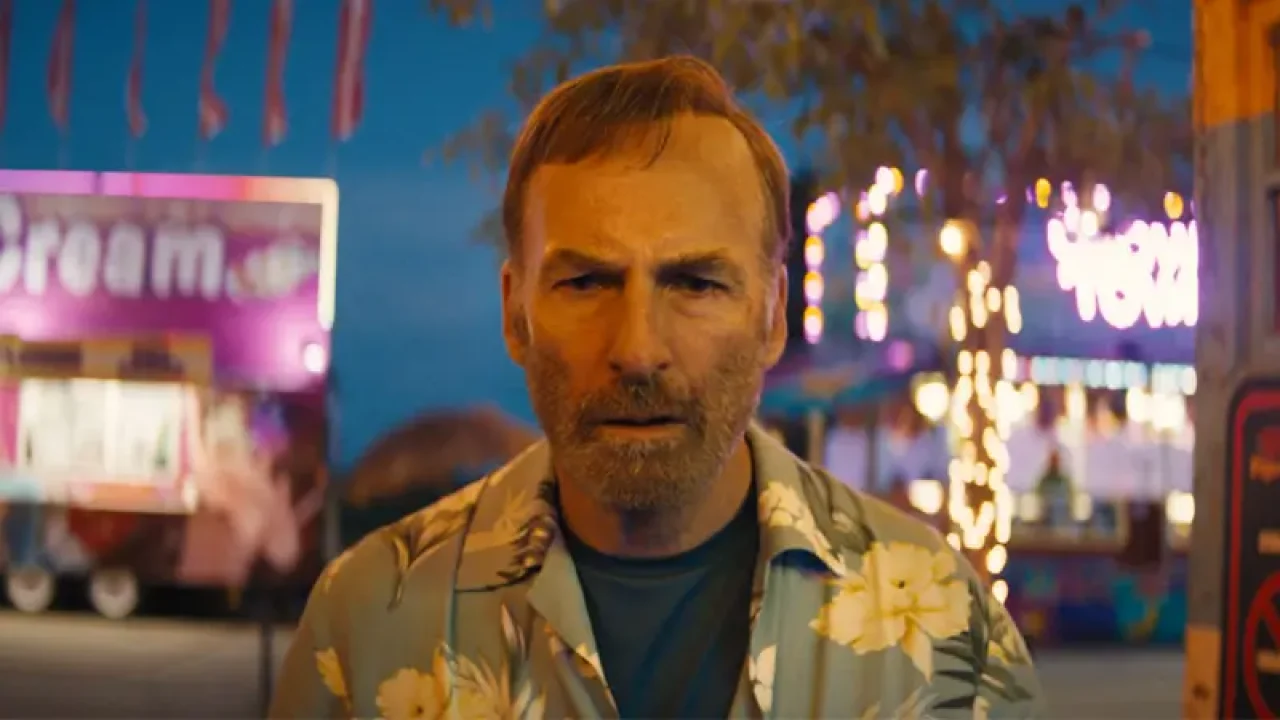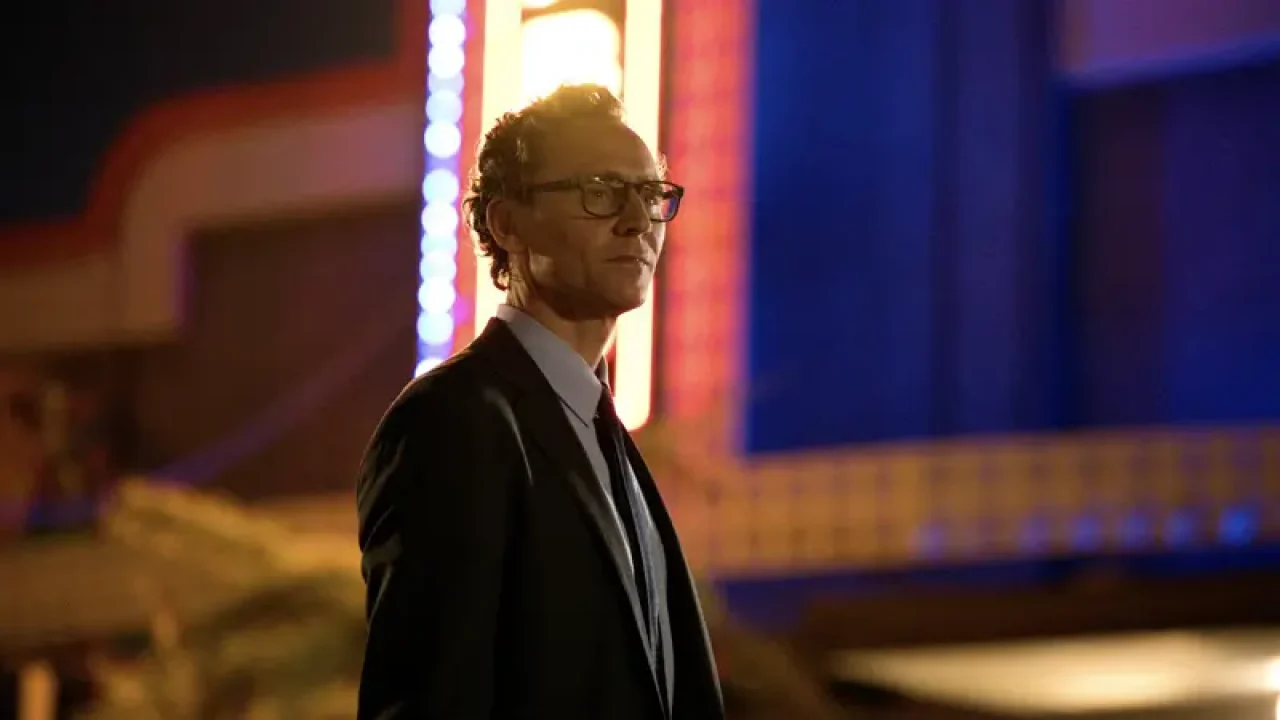Some films are more than just entertainment—they are invitations to think, question, and reflect. Thought provoking movies stand out for their ability to challenge our perceptions, confront us with complex dilemmas, and spark intense debates long after the credits roll.

These are the works that go beyond surface-level storytelling, delving into philosophical, social, and existential themes that encourage audiences to question reality, morality, and even the meaning of life itself.
In this article, we will explore how these cinematic masterpieces use intricate narratives, symbolism, and unexpected twists to provoke deep introspection and inspire new perspectives.
By examining how filmmakers address profound issues—ranging from identity and memory to social justice and the nature of existence—we highlight the unique power of cinema as a tool for personal growth and cultural transformation.
Good reading!
Movies that provoke thought
Cinema has long been a mirror to humanity’s deepest questions, but some films demand more than passive viewing—they ignite curiosity, dismantle assumptions, and linger in the mind like unresolved equations.
These thought-provoking movies thrive on ambiguity, confronting audiences with ethical paradoxes, societal critiques, and existential puzzles. From dystopian futures that reflect present-day anxieties to intimate character studies that dissect the fragility of identity, these works use the language of film—visual metaphor, nonlinear storytelling, and moral complexity—to challenge viewers to confront uncomfortable truths.
Whether through haunting allegories about power, memory, or the human condition, these films don’t just tell stories; they plant seeds of doubt, wonder, and transformation, urging us to see the world—and ourselves—through a sharper, more critical lens.
See also: Great underrated sci-fi movies
How do these movies lead the audience to question the meaning of life?
By confronting viewers with existential dilemmas and unanswerable questions, thought-provoking movies dismantle the illusion of life’s simplicity.
They often strip away familiar narratives of purpose, instead presenting characters adrift in morally ambiguous worlds—whether grappling with mortality in A Ghost Story, wrestling with free will in Everything Everywhere All at Once, or navigating the absurdity of existence in The Tree of Life.
Through fractured timelines, surreal imagery, or dialogue that probes the nature of consciousness, these films mirror humanity’s search for significance in chaos. They don’t offer answers but instead reframe life’s journey as a series of interconnected questions: What defines a meaningful existence? How do we reconcile impermanence with legacy?
By immersing audiences in these introspective journeys, cinema becomes a catalyst for personal reflection, transforming abstract philosophy into visceral, emotional truth.
How do these movies instigate debates and varied interpretations?
Thought-provoking movies thrive on layered storytelling and intentional ambiguity, crafting narratives that resist easy resolution.
By embedding symbolic imagery, unreliable narrators, or open-ended conclusions—as seen in Inception’s spinning top or Mulholland Drive’s fractured reality—these movies invite audiences to dissect every frame for hidden meaning.
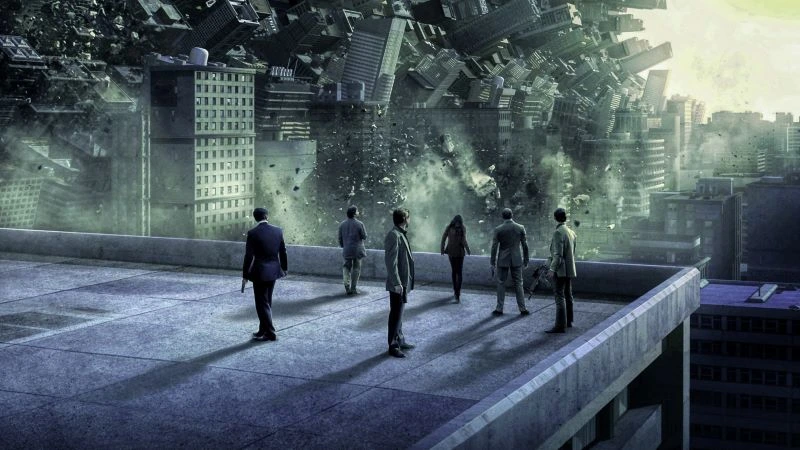
They often juxtapose conflicting perspectives, like Parasite’s critique of class disparity or Arrival’s exploration of language and time, sparking discussions about societal norms and human nature.
The absence of definitive answers becomes a canvas for debate: Is Blade Runner 2049 a cautionary tale about humanity’s hubris or a meditation on identity? Does The Matrix prioritize free will or predetermined fate?
By refusing to spoon-feed conclusions, these films transform viewers into active participants, fostering endless interpretations that evolve with cultural shifts and personal experiences.
How can cinema be a tool for changing perspectives?
Cinema’s immersive power lies in its ability to humanize abstract ideas, transforming distant concepts into intimate, emotional experiences.
By thrusting audiences into unfamiliar worlds—whether through the eyes of a marginalized protagonist or a dystopian society reflecting our own flaws—films like 12 Years a Slave, The Social Dilemma, or Nomadland dismantle biases and foster empathy.
Visual storytelling bypasses intellectual defenses, using visceral imagery (a single tear in Schindler’s List, the suffocating silence of A Quiet Place) to challenge preconceived notions about justice, identity, or progress. Even speculative narratives, such as Her or Ex Machina, reframe debates about technology and ethics by grounding them in relatable human relationships.
By exposing viewers to perspectives they might never encounter otherwise, cinema doesn’t just inform—it rewires how we see ourselves and the world, proving that a single frame can alter the lens through which we interpret reality.
See also: Dystopian Thrillers to Watch Online
Which are the most thought provoking movies?
Some films transcend entertainment, challenging viewers to confront profound questions about reality, identity, society, and existence. Here are ten of the most thought-provoking movies, each offering a unique lens through which to question the world and ourselves:
Inside Out (2015)
This animated film delves into the complexities of human emotions by personifying Joy, Sadness, Anger, Fear, and Disgust within the mind of a young girl, Riley. By exploring how these emotions interact and influence her decisions, Inside Out prompts viewers to reflect on the importance of embracing the full spectrum of feelings for personal growth and mental health. The film’s psychological depth, developed with input from experts, makes it a powerful tool for understanding ourselves and others. Available on Disney+.
Wall-E (2008)
Set in a future where Earth has been abandoned due to environmental neglect, Wall-E follows a lone robot tasked with cleaning up the planet. The film raises urgent questions about consumerism, environmental responsibility, and the consequences of human inaction. Its poignant storytelling and minimal dialogue encourage viewers to contemplate humanity’s relationship with technology and the planet. Available on Disney+ and Netflix.
The Matrix (1999)
A landmark in science fiction, The Matrix presents a dystopian world where reality is a simulation controlled by machines. The film is rich in philosophical references, from Plato’s Allegory of the Cave to questions about free will and perception. It invites audiences to question the nature of reality itself and consider the boundaries between illusion and truth. Available to rent or buy on Amazon Video, YouTube, Google Play and Apple TV.
Mulholland Drive (2001)
David Lynch’s surreal masterpiece blurs the lines between dreams and reality, challenging viewers to piece together its fragmented narrative. The film explores themes of identity, ambition, and the subconscious, leaving much open to interpretation. Its structure and symbolism provoke ongoing debate about the nature of storytelling and the human psyche. Available to rent or buy on YouTube, Google Play and Apple TV.
The Truman Show (1998)
This satirical drama follows Truman Burbank, a man unknowingly living his entire life as the star of a reality TV show. The film critiques surveillance culture, media manipulation, and the quest for authenticity. It encourages viewers to question the boundaries between reality and performance in their own lives. Available on Paramount+ and Hulu.
V for Vendetta (2005)
Set in a totalitarian future Britain, V for Vendetta is both a political thriller and a meditation on freedom, resistance, and the power of ideas. The film’s exploration of state control, personal autonomy, and the cost of revolution remains deeply relevant and sparks discussion about the value of dissent in society. Available on Netflix.
One Flew Over the Cuckoo’s Nest (1975)
One Flew Over the Cuckoo’s Nest follows Randle McMurphy, a rebellious convict who fakes insanity to serve his sentence in a mental institution rather than prison. Once inside, he clashes with Nurse Ratched, the authoritarian head nurse who maintains strict control over the patients through intimidation and manipulation. The story challenges perceptions of sanity, conformity, and the treatment of mental illness. Available on Amazon Prime Video and Netflix.
The Sixth Sense (1999)
Known for its iconic twist ending, “The Sixth Sense” is more than a supernatural thriller. It explores themes of trauma, communication, and the afterlife, forcing viewers to reconsider every scene in light of new revelations. The film’s structure and emotional depth invite analysis and reinterpretation with each viewing. Available on Max.
Eternal Sunshine of the Spotless Mind (2004)
This inventive romance examines memory, regret, and the nature of love through the story of a couple who undergo a procedure to erase each other from their minds. The film’s nonlinear narrative and visual metaphors encourage audiences to reflect on whether forgetting pain is worth sacrificing personal growth and connection. Available to rent or buy on Amazon Video, YouTube, Google Play and Apple TV.
Boyhood (2014)
Filmed over twelve years with the same cast, Boyhood offers an unprecedented look at the passage of time and the process of growing up. Its realistic portrayal of everyday life and relationships invites viewers to reflect on their own experiences, choices, and the fleeting nature of time.
Conclusion
Thought-provoking movies are more than entertainment—they are journeys into the heart of what it means to be human.
These films dismantle assumptions, challenge societal norms, and invite us to confront life’s most profound questions: What defines our reality? How do we find meaning in chaos? From the existential puzzles of The Matrix to the emotional introspection of Inside Out, they transform cinema into a dialogue—one that lingers long after the screen fades to black.
By weaving intricate narratives, visual metaphors, and moral ambiguity, these works demand active engagement. They don’t offer answers but instead reframe our understanding of identity, memory, justice, and existence itself. Whether through Parasite’s biting class commentary or Arrival’s meditation on language and time, they prove that cinema can be both a mirror and a catalyst, reflecting our flaws while inspiring growth.
The films discussed here remind us that art is not passive. It’s a call to question, debate, and evolve. They challenge us to see the world through others’ eyes, whether a marginalized protagonist in 12 Years a Slave or an AI grappling with humanity in Ex Machina.
As you reflect on these cinematic masterpieces, remember that the conversation doesn’t end here. Filmelier is your guide to exploring the transformative power of cinema. Discover more thought-provoking films, dive into hidden gems, and join a community that celebrates movies as tools for empathy and change.


